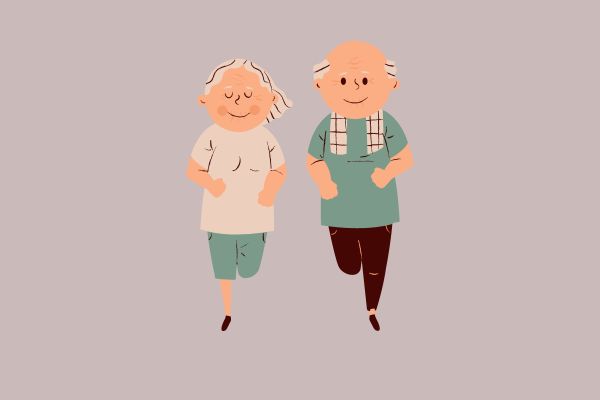Vietnam: What are the regulations on criminal liability for elderly offenders? Can they be exempt from serving sentences?
What is the age of an elderly person in Vietnam?
According to Article 2 of the Law on Elderly Persons 2009:
An elderly person as defined in this Law is a Vietnamese citizen aged 60 years or older.

What are the regulations on criminal liability for elderly offenders? Can they be exempt from serving sentences?
What are the regulations on criminal liability for elderly offenders in Vietnam?
Currently, the Criminal Code 2015 does not specifically define "elderly person" but refers to instances of "aged persons," "persons aged 70 years or older," and "persons aged 75 years or older" in the context of criminal liability handling or when elderly persons are victims.
Criminal liability for elderly persons according to the Criminal Code 2015 is as follows:
- Mitigating circumstance “the offender is aged 70 or older”:
Specifically, according to Point o Clause 1 Article 51 of the Criminal Code 2015, an offender aged 70 or older is considered a mitigating circumstance for criminal liability.
- They may be eligible for pardon:
According to Point dd Clause 1 Article 66 of the Criminal Code 2015, as amended by Clause 9 Article 1 of the Law on Amendments to the Criminal Code 2017, offenders aged 70 years or older may be eligible for pardon under the following conditions:
The person has served at least one-third of their fixed-term prison sentence or at least 12 years if the life sentence has been commuted to a fixed-term sentence.
- No death penalty shall be imposed on persons aged 75 or older:
According to Clauses 2 and 3 Article 40 of the Criminal Code 2015, no death penalty shall be imposed on offenders aged 75 or older.
What are the State policies towards elderly persons in Vietnam?
Under the provisions of Article 4 of the Law on Elderly Persons 2009:
The State's policies towards the elderly
1. To allocate appropriate annual budgets for the realization of policies to take care of and bring into full play the role of the elderly.
2. To provide social patronage to the elderly under this Law and other relevant laws.
3. To incorporate policies for the elderly into policies on socio-economic development.
4. To develop gerontology so as to meet the elderly's medical examination and treatment needs; to train personnel to take care of the elderly.
5. To encourage and create conditions for the elderly to do physical exercises; to participate in learning, cultural and spiritual activities: to live in a safe environment and be respected in dignity; to bring into play their role in the cause of national construction and defense.
6. To encourage and support agencies, organizations and individuals in carrying out propaganda on and education about the sense of respect for and gratitude to the elderly, taking care of and bringing into full play the role of the elderly.
7. To commend agencies, organizations and individuals that record outstanding achievements in taking care of and bringing into full play the role of the elderly.
8. To strictly handle agencies, organizations and individuals that commit acts of violating this Law and other relevant laws.
The State policies towards elderly persons in Vietnam are as follows:
- To allocate appropriate annual budgets for the realization of policies to take care of and bring into full play the role of the elderly.
- To provide social patronage to the elderly under this Law and other relevant laws.
- To incorporate policies for the elderly into policies on socio-economic development.
- To develop gerontology so as to meet the elderly's medical examination and treatment needs; to train personnel to take care of the elderly.
- To encourage and create conditions for the elderly to do physical exercises; to participate in learning, cultural and spiritual activities: to live in a safe environment and be respected in dignity; to bring into play their role in the cause of national construction and defense.
- To encourage and support agencies, organizations and individuals in carrying out propaganda on and education about the sense of respect for and gratitude to the elderly, taking care of and bringing into full play the role of the elderly.
- To commend agencies, organizations and individuals that record outstanding achievements in taking care of and bringing into full play the role of the elderly.
- To strictly handle agencies, organizations and individuals that commit acts of violating this Law and other relevant laws.
LawNet